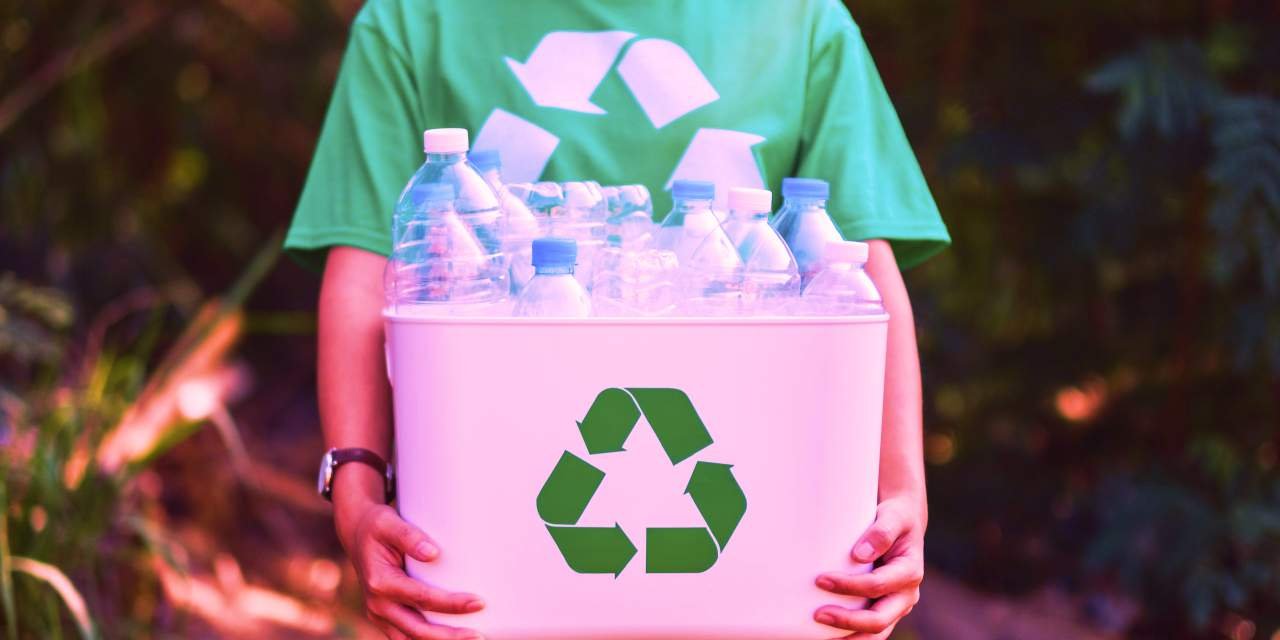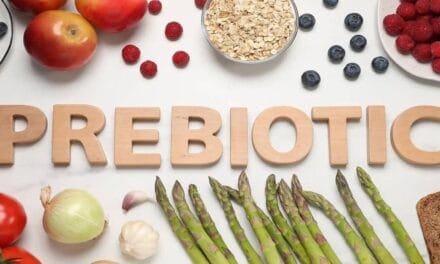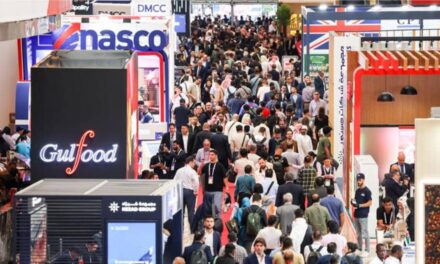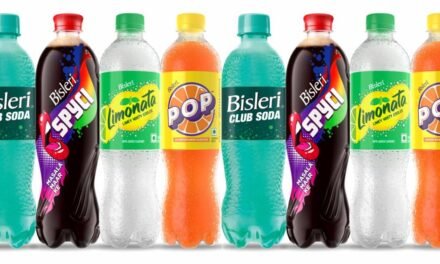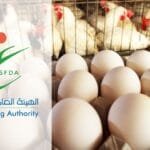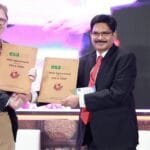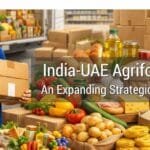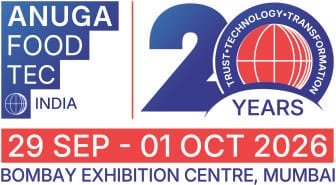PET recyclers urge FSSAI to expedite approvals as industry waits on ₹8,000 Cr worth of investments. New Guidelines supporting the use of recycled plastic food packaging in India, but Delays Threaten Industry Viability.
June 2025 – As India pushes toward a circular economy and sustainable packaging practices, the PET recycling industry stands at a critical crossroads. With over ₹8,000 crore invested in advanced food-grade r-PET manufacturing in India, stakeholders are now grappling with regulatory delays from the Food Safety and Standards Authority of India (FSSAI). While new guidelines supporting the use of recycled plastic food packaging in India mark a positive shift, prolonged approval timelines are leaving fully commissioned plants idle, threatening jobs, investments, and the country’s green goals.
The industry has already created an annual production capacity of 4 lakh metric tonnes (MT) of recycled polyethylene terephthalate (r-PET), backed by significant investments. These world-class facilities are designed to produce rPET for food contact packaging, meeting global standards set by the European Food Safety Authority (EFSA) and the U.S. Food and Drug Administration (FDA).
Industry representatives argue that while the government has taken steps to encourage recycling and sustainable practices—such as promoting recycled plastic use in packaging—the regulatory bottlenecks hinder progress.

Delayed Guidelines Stall Operations
In 2022, the Ministry of Environment, Forest and Climate Change (MoEFCC) and the Food Safety and Standards Authority of India (FSSAI) implemented regulations aimed at reducing plastic waste and promoting food safety and quality, particularly concerning single-use plastics and the recycling of post-consumer PET. MoEFCC prohibited specific single-use plastic items and enforced Extended Producer Responsibility (EPR) for plastic packaging waste. FSSAI focused on food safety, including Ayurveda Aahara regulations, and issued guidelines for the use of recycled PET in food packaging. [1, 2, 3, 4]
According to the Association of PET Recyclers (Bharat) – APR Bharat, the revised FSSAI guidelines for recycled PET packaging were expected by early 2025 but were only notified in the last week of May 2025. This delay has held up more than nine applications pending since December 2024 and January 2025.
While a handful of companies have secured the required clearances, approximately 15 PET recycling plants in India remain in limbo despite being fully built and ready for commercial production.
“Following the regulatory push from the MoEFCC and FSSAI in 2022, the industry anticipated a sharp rise in demand for food-grade recycled PET in beverage packaging. Most facilities were fully commissioned by January 2025,” said the association.
However, the lack of timely FSSAI approval for rPET in food contact packaging has resulted in large-scale idle capacity. “A majority of these investments are debt-funded, and continued delays could push many companies toward bankruptcy,” warned Shailendra Singh, Director General of APR Bharat.
Close to 50% of these projects have been financed through bank loans. “If commercial production of rPET does not commence soon, companies may struggle to service their loans, potentially turning these accounts into NPAs (non-performing assets),” Singh added. This will help boost investor confidence and support India’s pledge towards sustainable packaging.
The issue also ties into broader food industry challenges, including those discussed in related developments like the rise of green plastics and innovations such as edible films and coatings that are designed to extend shelf life while minimizing environmental impact.
FSSAI’s New Guidelines a Positive Step
Despite the regulatory delays, APR Bharat has welcomed FSSAI’s latest guidelines on the use of recycled PET in food packaging, stating it was a progressive move that meets India’s sustainability ambition.
The guidelines introduce a separate logo for consumers to identify food products packaged using r-PET. This important step will relate to consumer confidence and thereby influence market share – while enhancing transparency. The move complements the amended Plastic Waste Management Rules, 2016, which mandate the inclusion of 30% recycled content in rigid plastic packaging from April 1, 2025.
“It is a significant move by the regulator and is expected to fast-track the adoption of recycled PET in food-contact packaging, giving a major boost to the country’s circular economy,” Singh said.
Jobs, Environment, and Growth at Stake
The rPET industry in India is expected to generate 10,000 jobs and support over 2 million ragpickers who collect used PET bottles for recycling. With current capacity at 4 lakh MT, the industry aims to expand to 7.5 lakh MT by 2027 and 11 lakh MT by 2030. These facilities are being set up across the country to support sustainable, circular economic growth.
APR Bharat continues to work toward building awareness about PET recycling in India, driving innovation, and collaborating with businesses and government bodies to ensure efficient collection, processing, and reuse of recyclable materials.
The association has urged regulators to accelerate licensing and policy implementation to ensure India’s ambitious sustainability targets are not undermined by administrative delays.
References:
[1] https://www.pib.gov.in/PressReleaseIframePage.aspx?PRID=1942104
[2] https://www.sustainabilitymea.com/fssai-delays-push-indias-pet-recycling-industry-toward-financial-collapse-warns-apr-bharat/
[3] https://www.pib.gov.in/PressReleasePage.aspx?PRID=1846185
[4] https://www.pib.gov.in/PressReleasePage.aspx?PRID=1886051
Have a news or topic to share with industry? Write to us editorial@pfionline.com

